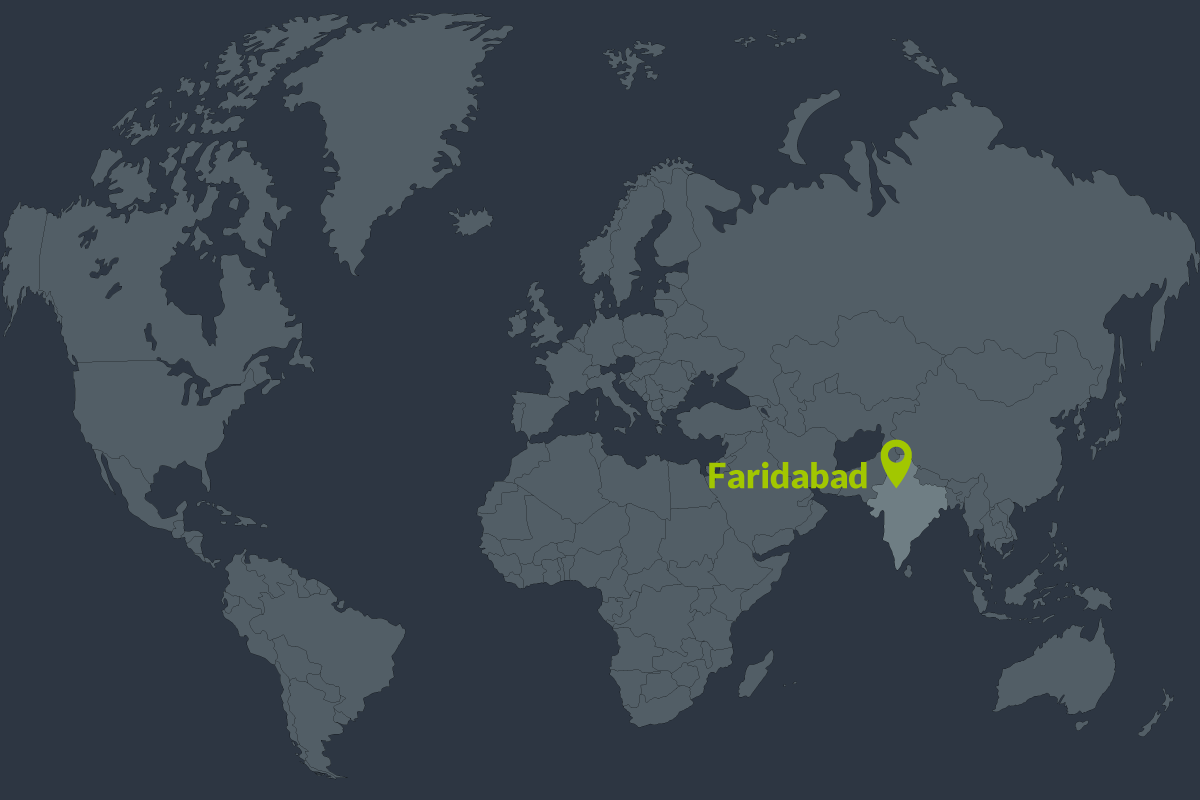India VPN

How to get a Indian IP address?
Sign up for CactusVPN.
All plans come with a
30-day money-back guarantee.
Download the CactusVPN app.
Available for PC / Mac / iOS
Android / Fire TV
Connect to India VPN server.
That’s it – you have a
Indian IP address!
Why CactusVPN is the Best VPN for India?
Unlimited Devices
With One Subscription
CactusVPN account is not linked to a particular device. You can use an unlimited number of devices simultaneously with one subscription.
End-to-End Encryption,
7 VPN Protocols
Make your traffic indecipherable with our military-grade encryption. Choose between OpenVPN, Wireguard®, SSTP, IKEv2, L2TP/IPSec, and PPTP.
No Logs
Guaranteed
We don’t keep any logs at all (not even your IP address), and we guarantee we don’t share your information with any third parties.
High Speed
India VPN Servers
We use only high speed 1 gbps servers that are configured and managed by our high qualified admins to offer you the best speed and security.
Free Proxy
Servers
Each VPN server doubles as a free India proxy server that you can use whenever you like. This feature comes as a bonus, just because we love you!
User-Friendly Apps
for Your Favorite Devices
Connect to our servers and configure your connections in only a few seconds. Kill switch, VPN obfuscation, DNS leak protection, reconnect automatically etc.
Immediately unblock geographically restricted Indian websites
In addition to a secure VPN, we also offer a Smart DNS service – basically an easy way to instantly access Indian websites that normally have geographically blocked content.
And that’s not all – our Smart DNS also unlocks over 340 other websites from countries like the USA, Great Britain, Canada , Australia, Sweden, Switzerland, Poland.
Why should you use this service instead of VPN?
Possibly because a Smart DNS does not use encryption, you are surfing the Internet at the speed of your original Internet service provider.
Frequently asked questions
Access India-only Websites – A India VPN would be a good option if you live outside India and want to access Indian websites. There are plenty of Brazil-only websites that can’t be accessed outside the country.
Give the Impression You Live in India – this can usually be the case if you’re an online freelancer from another country and you want to give the impression you live in India – either to a potential employer or client.
Secure Your Data & Privacy Data – if you live in India, and want to secure your data when you connect to a Wi-Fi network – like when you’re on your way to work or eating lunch at a restaurant – a VPN with a server in your town would be an ideal choice because of the close proximity to you.
Bypass Network Restrictions – It’s not uncommon for employers or learning institutions to use firewalls to block certain websites (like YouTube, for instance) on their networks, after all. India VPN can help you overcome firewalls with ease.
Sure, you could do that. However, before you go ahead with that, you should keep one thing in mind – free VPNs aren’t exactly “free.” They have to make money somehow, after all, or else they wouldn’t be able to offer VPN services and maintain their servers.
- They sell your bandwidth.
- They bombard you with ads.
- They sell your info to third-party advertisers.
Yes, using a VPN is completely legal in India – as long as you don’t use it to break the law, of course.
